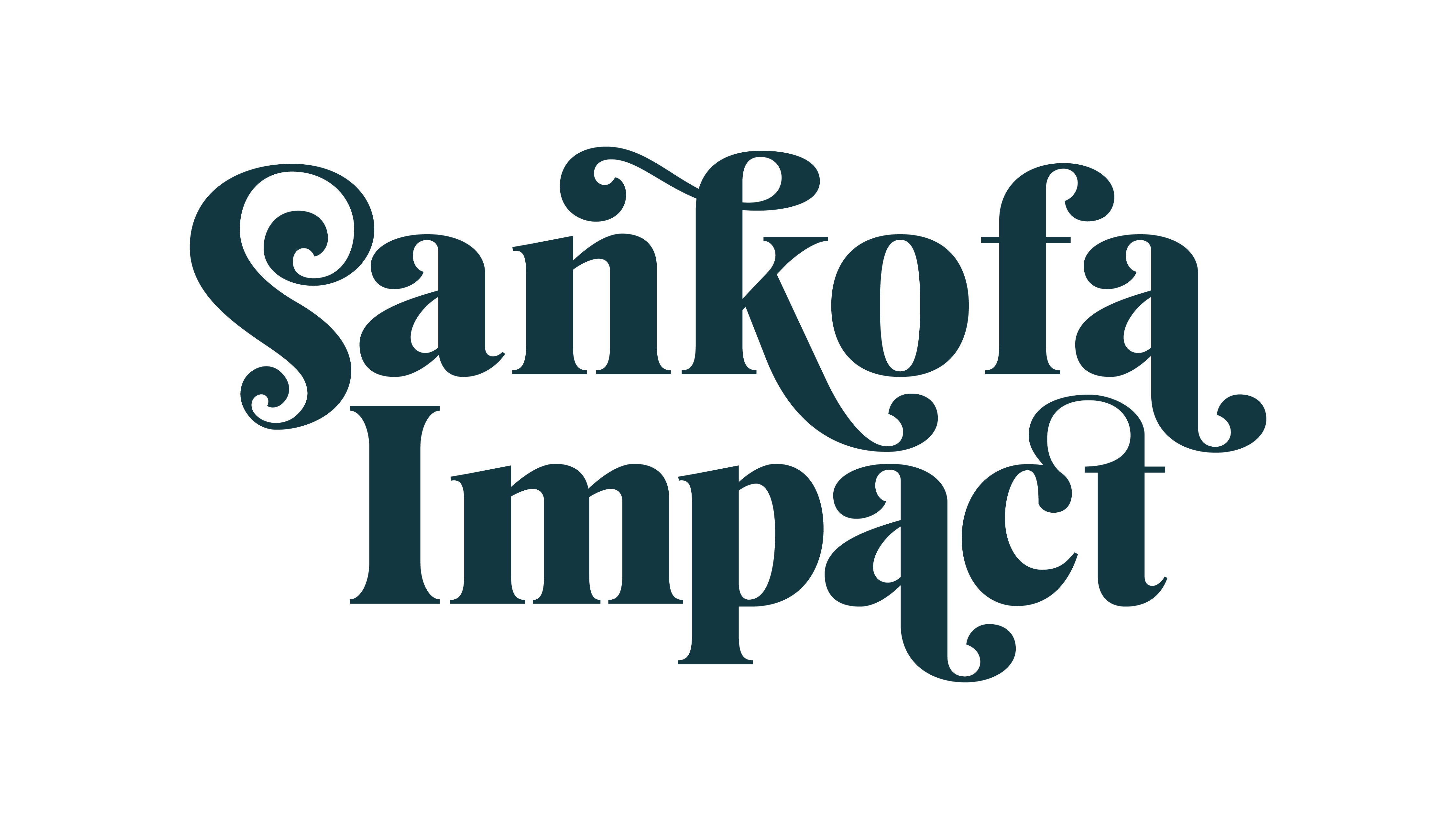
(Sasha Duttchoudhury, seen here with the hat, was a participant on the Spring 2020 Pilgrimage and they graciously agreed to write about their experience and what it has been like to process the past few months.)
“Hope is a discipline.”
Mariame Kaba
I have thought about James Chaney, Andrew Goodman, and Michael Schwerner every day since Mr. Leroy Clemons shared their story with us in Philadelphia, Mississippi. How could I not? The graphic nature in which Chaney, Goodman, and Schwerner were killed during Freedom Summer, the killer’s capacity for hatred and cruelty, and the injustice of their lives cut short are heart-wrenching at minimum. Their brutal murder is far beyond the scope of my racial equity context, where less threatening issues like microaggressions are the focus. As I stood in a forest, just down the road from the killer’s family home, the very spot where the men were killed, microaggressions feel inconsequential.
I have thought about the radiant smile of Mr. Clemons and I can’t imagine what it must take for him to retell the horrific story while the monsters lived in his very town. Mr. Clemons is disciplined hope embodied, creating the circumstances necessary for hope to be real every day. He not only takes people across Neshoba County to retrace Chaney, Goodman, and Schwerner’s steps and tell their story, but Mr. Clemons was also a key part in convicting their killer. To hold pain and act is the most hopeful thing we can do.
To hold pain and act is the most hopeful thing we can do.
I’m not sure my heart has the capacity to hold what Mr. Clemons holds, let alone still smile and fight on without completely collapsing in a puddle of despair. The emotions my body has known around race hold a different kind of nuance than what a college-level liberal arts education has offered. While I’ve taken it upon myself to make healing, holding, pausing, and processing a core part of my anti-racist work, I still grieve Chaney, Goodman, and Schwerner. Everyday. And tragically, they are in increasing company. I will never know all of the names of the lives lost to racism, white supremacy, and hatred, nor could I ever know all of their stories, but I feel compelled to learn, to increase my heart space, honor the dead and fight like hell for the living.
Despite Ms. Nina Simone’s great success around the world, not everyone knows the song Mississippi (Goddam!) Not everyone knows about Alabama (Goddam!). But now, under unprecedented lockdown, everyone knows about Minneapolis (Goddam!) and the unjust killing of Mr. George Floyd. Protests have been held across the country and across the globe in South Africa, South Korea, Brazil, Japan, Australia, and across Europe. The global solidarity and action from communities outside of the US to address anti-Blackness in their own global contexts is so moving. This truly is a global pain.
I have often thought about how the rising activists of our current moment are holding not just the names of Mr. George Floyd, Ms. Breonna Taylor, Mr. Ahmaud Arbery and so many others, but also the ache of lives lost, stories untold, potential unlived, and the survivors who carry on the memories of these people. The enormity of this grief should not be held by our Black siblings alone, this is grief we must share—that is healing.
Sasha Duttchoudhury
